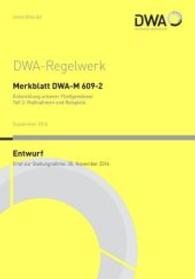- ホーム
- > 洋書
- > 英文書
- > Politics / International Relations
Full Description
It is conventional wisdom among scholars, policymakers, and other observers that crises are one of the primary drivers of European integration. However, while many crises have indeed spurred deeper integration, there is also no shortage of crises that failed to produce meaningful deepening, or even led to disintegration. The literature on European integration has to date failed to develop a theory to identify ex ante which crises are most likely to produce integrating reform. Crises and Integration in European Banking Union addresses that gap, building a theory of how the combination of crisis severity and origin indicates whether a crisis will produce deep reform, modest reform, or a persistence of the pre-crisis status quo.
Mitchell does so by examining the relative impact of a series of crises on the centralization of European financial regulation in the 21st century, including the 2007-09 Banking Crisis, 2010-14 Debt Crisis, the Brexit shock, and the 2020-21 COVID-19 Pandemic. It thus also makes an important contribution to the literature on European financial regulation and the steps needed to complete a European banking and capital markets union. The volume not only addresses a significant theoretical gap, but also provides a foundation for policymaking in response to future crises by building a framework to identify which challenges are most likely to provide an opportunity for deeper integration.
Contents
1: Crises in European Integration
2: Building a Theory of Crises & European Integration
3: The 2007-09 Banking Crisis: Patch-Up Reform & Creation of the European System of Financial Supervision
4: The 2010-14 European Debt Crisis: Monnet Crisis & Banking Union
5: Brexit & The Failure to Reform
6: The 2020-21 COVID Pandemic: Weatherproofing Integration & the Single Resolution Fund Backstop
7: Conclusion
-

- 電子書籍
- 復讐弁護士~元いじめられっ子弁護士、時…
-

- 電子書籍
- 地主の経営






